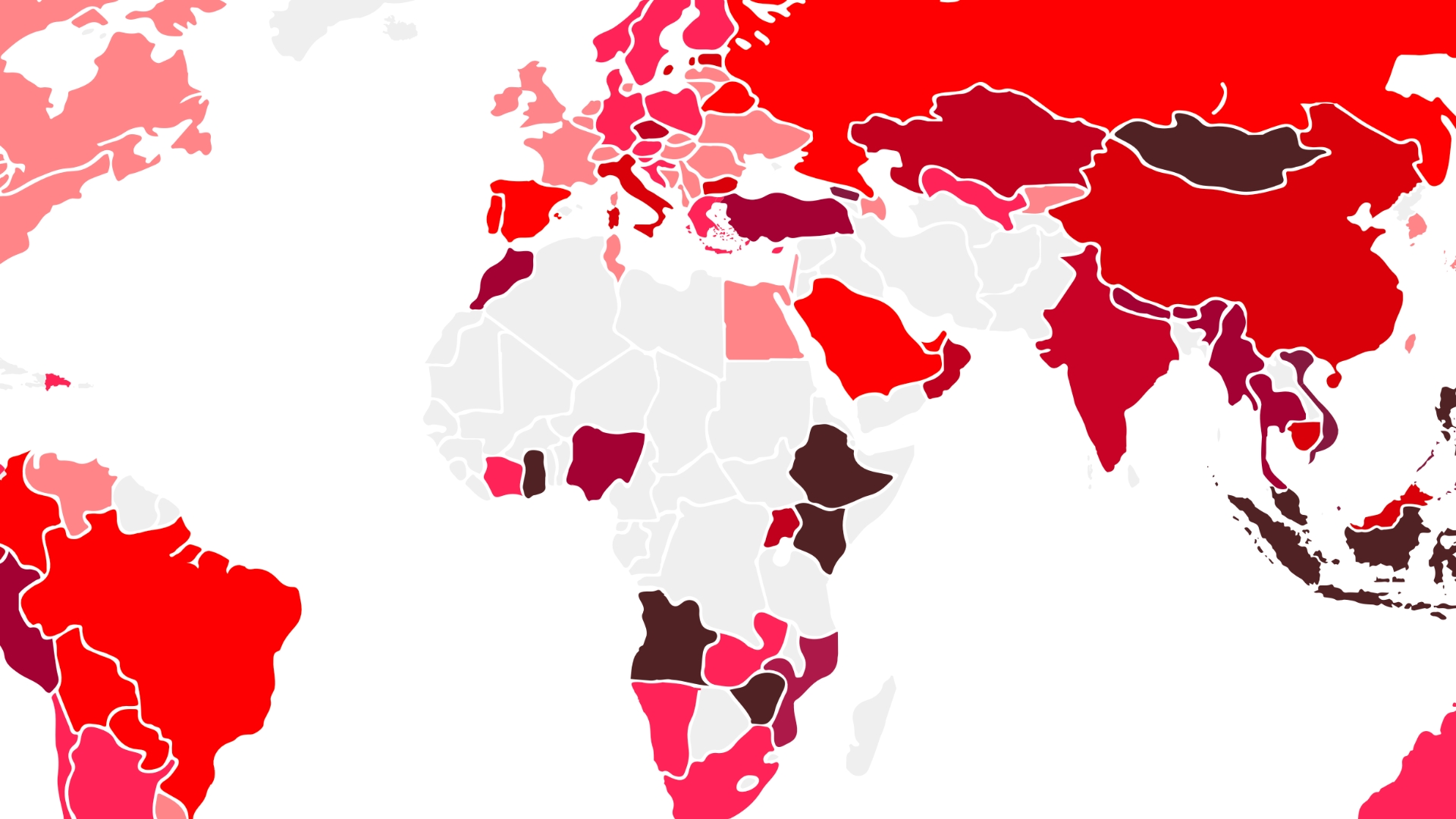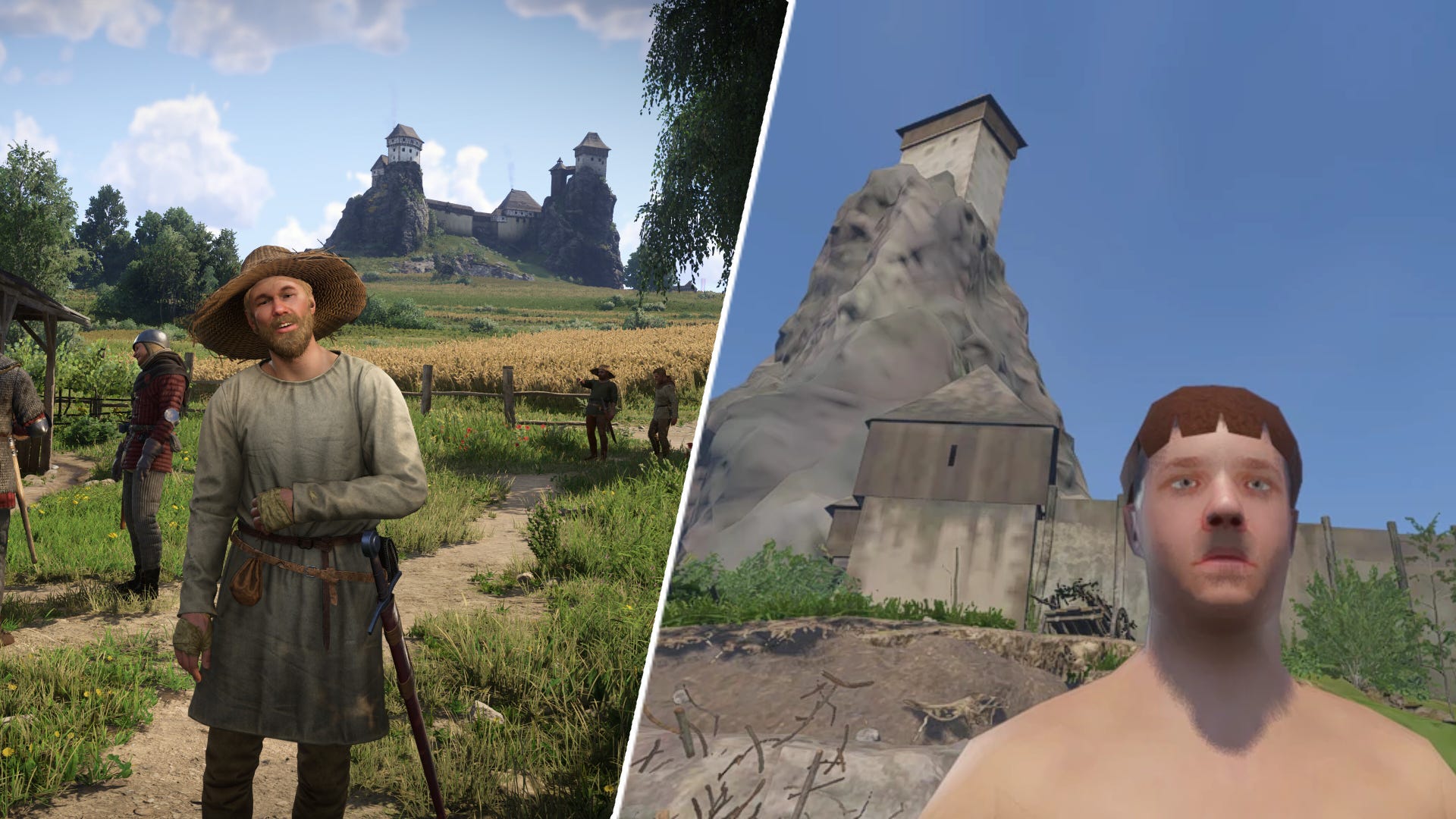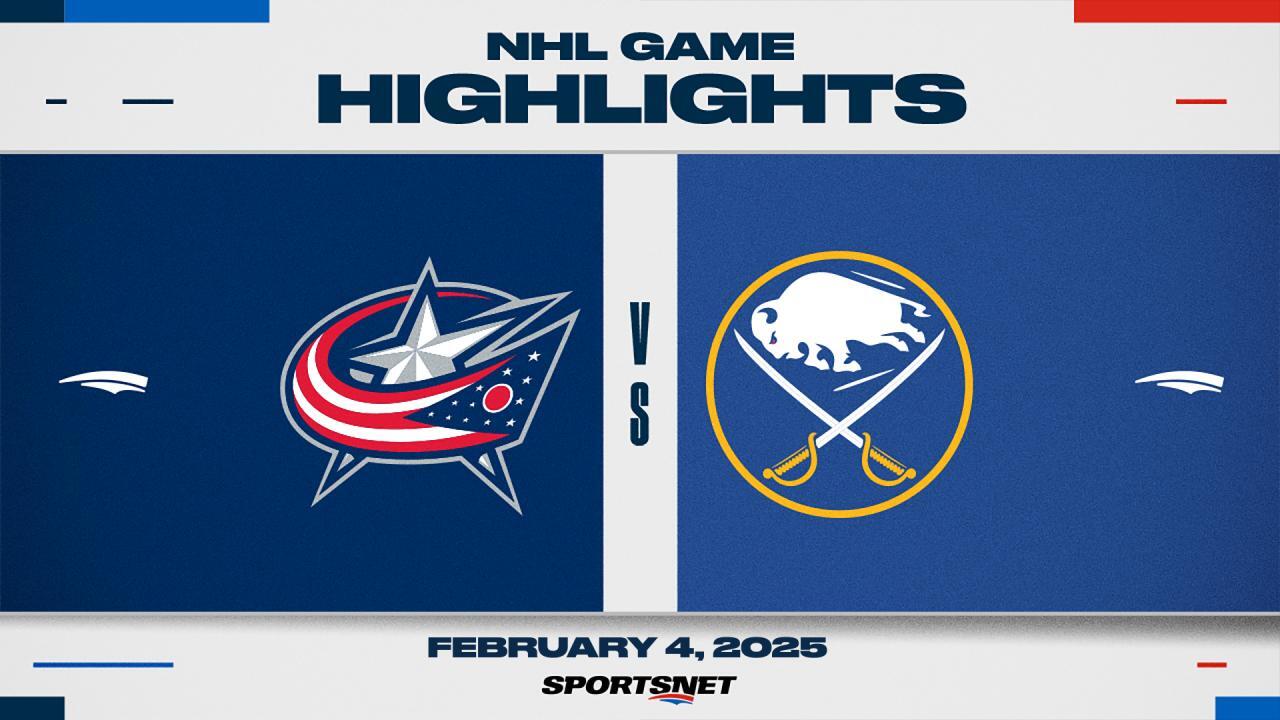Comprehensive JavaScript Study Plan (80-20 Rule)
Focus on the 20% of concepts that power 80% of real-world projects. Master these fundamentals first, then expand through projects. Core Learning (2 Weeks) Daily Structure: Morning: Study concepts (1–2 hours). Afternoon: Practice exercises (1–2 hours). Evening: Reflect, debug, and review (30 mins). Week 1: Foundations Day 1: Basics Topics: Variables (let, const), data types (strings, numbers, booleans), operators (+, ===, !). Resources: MDN JavaScript Basics, freeCodeCamp’s JS Syntax course. Practice: Write code to calculate BMI or convert Celsius to Fahrenheit. Day 2: Control Flow Topics: Conditionals (if/else, switch), loops (for, while). Resources: JavaScript.info Conditionals and Loops. Practice: Solve FizzBuzz, print prime numbers. Day 3: Functions Topics: Function declarations, parameters, return, arrow functions, scope. Resources: MDN Functions Guide. Practice: Create a function to reverse a string or calculate factorials. Day 4: DOM Manipulation Topics: Select elements (querySelector), modify content (textContent, innerHTML), styles (classList). Resources: freeCodeCamp DOM Manipulation Tutorial. Practice: Build a button that changes page background color. Day 5: Events Topics: Event listeners (click, submit), event objects, preventDefault(). Resources: JavaScript.info Introduction to Events. Practice: Create a toggle button for dark/light mode. Day 6: Arrays Topics: Array methods (push, pop, map, filter, forEach). Resources: MDN Array Guide. Practice: Filter even numbers from an array or sort names alphabetically. Day 7: Review & Mini-Project Review: Rebuild earlier exercises without referencing code. Mini-Project: Simple counter app (increment/decrement buttons). Week 2: Intermediate Concepts Day 8: Objects Topics: Object literals, methods, this keyword, destructuring. Resources: JavaScript.info Objects Basics. Practice: Create a user object with methods to update profile data. Day 9: Asynchronous JS Topics: Callbacks, promises, async/await, fetch(). Resources: MDN Asynchronous JavaScript. Practice: Fetch data from JSONPlaceholder API and display titles. Day 10: Error Handling Topics: try/catch, throwing errors, debugging with console. Resources: JavaScript.info Error Handling. Practice: Add error handling to your API fetch code. Day 11: ES6+ Features Topics: Template literals, spread/rest operators, modules (import/export). Resources: ES6 for Everyone (free course). Practice: Refactor old code using ES6 syntax. Day 12: Local Storage Topics: localStorage, JSON.stringify(), JSON.parse(). Resources: MDN Web Storage API. Practice: Save and retrieve user preferences (e.g., dark mode). Day 13: Closures & Callbacks Topics: Lexical scope, closure examples, higher-order functions. Resources: MDN Closures. Practice: Create a function factory (e.g., multiplier functions). Day 14: Final Review & Prep for Projects Review: Build a small app combining DOM, events, and localStorage. Prep: Set up a project folder with HTML/CSS/JS files. 5 Projects to Apply & Expand Knowledge Build these in order, increasing complexity and autonomy. Use documentation and Google to solve roadblocks. 1. To-Do List (Beginner) Description: Add, delete, and mark tasks as complete. Key Concepts: DOM manipulation (rendering tasks dynamically). Event handling (form submission, click events). Array methods (filter for deleting tasks). Local storage (persist tasks on reload). 2. Weather App (Intermediate) Description: Fetch real-time weather data from an API (e.g., OpenWeatherMap). Key Concepts: fetch() and async/await. Working with JSON data. Error handling for API failures. Dynamic DOM updates based on user input (city search). 3. Quiz Game (Intermediate+) Description: Timed quiz with multiple-choice questions and a scoreboard. Key Concepts: Object-oriented design (quiz and question classes). setInterval for timers. State management (tracking current question, score). Event delegation for answer buttons. 4. Budget Tracker (Advanced) Description: Track income/expenses with charts (use Chart.js). Key Concepts: Complex state (transactions, balance, categories). Integration with third-party libraries (Chart.js). Form validation and error feedback. Local storage for data persistence. 5. Full-Stack Bookstore (Advanced+) Description: CRUD app with a Node.js/Express backend and vanilla JS frontend. Key Concepts: REST API design (GET, POST, DELETE). Advanced async operations (frontend-backend communication). Modular code (separate API service module). Deployment basics (DigitalOcean, Netlify). Tips for Success Code Daily: Even 30 minutes reinforces muscle

Focus on the 20% of concepts that power 80% of real-world projects. Master these fundamentals first, then expand through projects.
Core Learning (2 Weeks)
Daily Structure:
- Morning: Study concepts (1–2 hours).
- Afternoon: Practice exercises (1–2 hours).
- Evening: Reflect, debug, and review (30 mins).
Week 1: Foundations
Day 1: Basics
-
Topics: Variables (
let,const), data types (strings, numbers, booleans), operators (+,===,!). - Resources: MDN JavaScript Basics, freeCodeCamp’s JS Syntax course.
- Practice: Write code to calculate BMI or convert Celsius to Fahrenheit.
Day 2: Control Flow
-
Topics: Conditionals (
if/else,switch), loops (for,while). - Resources: JavaScript.info Conditionals and Loops.
- Practice: Solve FizzBuzz, print prime numbers.
Day 3: Functions
-
Topics: Function declarations, parameters,
return, arrow functions, scope. - Resources: MDN Functions Guide.
- Practice: Create a function to reverse a string or calculate factorials.
Day 4: DOM Manipulation
-
Topics: Select elements (
querySelector), modify content (textContent,innerHTML), styles (classList). - Resources: freeCodeCamp DOM Manipulation Tutorial.
- Practice: Build a button that changes page background color.
Day 5: Events
-
Topics: Event listeners (
click,submit), event objects,preventDefault(). - Resources: JavaScript.info Introduction to Events.
- Practice: Create a toggle button for dark/light mode.
Day 6: Arrays
-
Topics: Array methods (
push,pop,map,filter,forEach). - Resources: MDN Array Guide.
- Practice: Filter even numbers from an array or sort names alphabetically.
Day 7: Review & Mini-Project
- Review: Rebuild earlier exercises without referencing code.
- Mini-Project: Simple counter app (increment/decrement buttons).
Week 2: Intermediate Concepts
Day 8: Objects
-
Topics: Object literals, methods,
thiskeyword, destructuring. - Resources: JavaScript.info Objects Basics.
-
Practice: Create a
userobject with methods to update profile data.
Day 9: Asynchronous JS
-
Topics: Callbacks, promises,
async/await,fetch(). - Resources: MDN Asynchronous JavaScript.
- Practice: Fetch data from JSONPlaceholder API and display titles.
Day 10: Error Handling
-
Topics:
try/catch, throwing errors, debugging withconsole. - Resources: JavaScript.info Error Handling.
- Practice: Add error handling to your API fetch code.
Day 11: ES6+ Features
-
Topics: Template literals, spread/rest operators, modules (
import/export). - Resources: ES6 for Everyone (free course).
- Practice: Refactor old code using ES6 syntax.
Day 12: Local Storage
-
Topics:
localStorage,JSON.stringify(),JSON.parse(). - Resources: MDN Web Storage API.
- Practice: Save and retrieve user preferences (e.g., dark mode).
Day 13: Closures & Callbacks
- Topics: Lexical scope, closure examples, higher-order functions.
- Resources: MDN Closures.
- Practice: Create a function factory (e.g., multiplier functions).
Day 14: Final Review & Prep for Projects
- Review: Build a small app combining DOM, events, and localStorage.
- Prep: Set up a project folder with HTML/CSS/JS files.
5 Projects to Apply & Expand Knowledge
Build these in order, increasing complexity and autonomy. Use documentation and Google to solve roadblocks.
1. To-Do List (Beginner)
- Description: Add, delete, and mark tasks as complete.
-
Key Concepts:
- DOM manipulation (rendering tasks dynamically).
- Event handling (form submission, click events).
- Array methods (
filterfor deleting tasks). - Local storage (persist tasks on reload).
2. Weather App (Intermediate)
- Description: Fetch real-time weather data from an API (e.g., OpenWeatherMap).
-
Key Concepts:
-
fetch()and async/await. - Working with JSON data.
- Error handling for API failures.
- Dynamic DOM updates based on user input (city search).
-
3. Quiz Game (Intermediate+)
- Description: Timed quiz with multiple-choice questions and a scoreboard.
-
Key Concepts:
- Object-oriented design (quiz and question classes).
-
setIntervalfor timers. - State management (tracking current question, score).
- Event delegation for answer buttons.
4. Budget Tracker (Advanced)
- Description: Track income/expenses with charts (use Chart.js).
-
Key Concepts:
- Complex state (transactions, balance, categories).
- Integration with third-party libraries (Chart.js).
- Form validation and error feedback.
- Local storage for data persistence.
5. Full-Stack Bookstore (Advanced+)
- Description: CRUD app with a Node.js/Express backend and vanilla JS frontend.
-
Key Concepts:
- REST API design (GET, POST, DELETE).
- Advanced async operations (frontend-backend communication).
- Modular code (separate API service module).
- Deployment basics (DigitalOcean, Netlify).
Tips for Success
- Code Daily: Even 30 minutes reinforces muscle memory.
- Break Problems Down: Use pseudocode to plan projects step-by-step.
-
Embrace Debugging: Learn to use
console.log()and Chrome DevTools. - Refactor Ruthlessly: Improve code readability and efficiency after getting it working.
This plan balances structured learning with creative problem-solving. Start small, iterate often, and celebrate progress!












































































